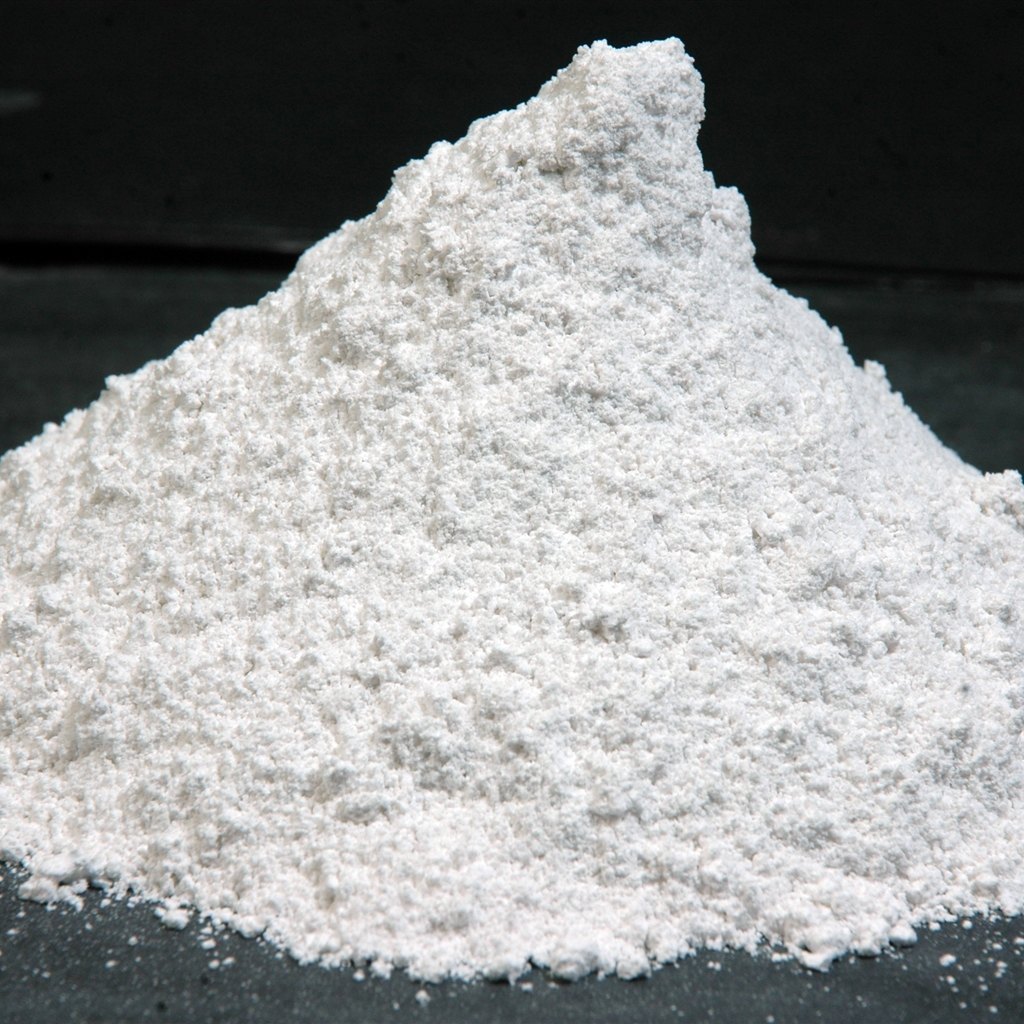Dolomite powder is widely used in agriculture to enhance soil health and promote better crop growth. This natural mineral, composed mainly of calcium and magnesium carbonates, offers a variety of benefits when applied to soil. Understanding how dolomite powder improves soil quality can help farmers and gardeners make the most of this valuable resource.
The Importance of Soil Health
Soil health is a crucial factor in ensuring successful crop production. Healthy soil supports plant growth by providing essential nutrients, maintaining a balanced pH level, and promoting the growth of beneficial microorganisms. Poor soil health can lead to reduced crop yields, poor plant development, and the increased need for chemical fertilizers. This is where dolomite powder comes into play.
How Dolomite Powder Improves Soil pH
One of the key benefits of dolomite powder is its ability to adjust soil pH. Many soils, especially in acidic regions, can have a pH level that is too low for optimal plant growth. Dolomite powder helps raise the pH of acidic soils, making them more neutral. A balanced pH is essential for plant roots to absorb nutrients effectively. When soil pH is improved, plants can access a wider range of essential minerals, leading to better overall growth and healthier crops.
Adding Essential Nutrients to the Soil
Dolomite powder is rich in both calcium and magnesium, two important nutrients that are often lacking in soils. Calcium helps to strengthen plant cell walls, promoting robust root systems and improving the plant’s resistance to diseases. Magnesium, on the other hand, plays a vital role in photosynthesis and energy production in plants. By adding dolomite powder to the soil, you can provide plants with these crucial elements, improving their nutrient intake and enhancing their growth potential.
Enhancing Soil Structure
In addition to adjusting pH and adding nutrients, dolomite powder also helps improve the structure of the soil. It helps loosen compacted soils, allowing better air and water circulation. This makes it easier for plant roots to penetrate the soil, leading to healthier root systems. Well-structured soil also promotes better drainage and reduces the risk of waterlogging, which can damage crops. By improving soil texture, dolomite powder contributes to a more favorable environment for plants to thrive.
Supporting Microbial Activity
Healthy soils are teeming with beneficial microorganisms that aid in breaking down organic matter and cycling nutrients. Dolomite powder supports microbial activity by providing a more favorable environment. When soil pH is balanced and essential nutrients are available, microbes can flourish, which in turn benefits plant health. This natural process helps to reduce the need for synthetic fertilizers, promoting sustainable farming practices.
Long-Term Benefits for Soil Fertility
Using dolomite powder regularly can lead to long-term improvements in soil fertility. Unlike chemical fertilizers that may only provide short-term benefits, dolomite powder helps build a healthier soil ecosystem over time. By replenishing essential nutrients and improving soil structure, dolomite powder contributes to the soil’s long-term health, supporting more consistent crop production year after year.
Conclusion
Dolomite powder is an effective and natural way to improve soil health. It helps adjust soil pH, add essential nutrients like calcium and magnesium, improve soil structure, and support microbial activity. Farmers and gardeners can benefit from using dolomite powder to enhance soil quality, leading to better crop yields and healthier plants. As the demand for sustainable farming practices grows, dolomite powder continues to be a valuable tool for improving soil health and promoting more productive agricultural systems.
When seeking dolomite powder for agricultural use, it is important to find reliable dolomite powder exporter in India, who provide high-quality products that meet the needs of your soil and crops.

